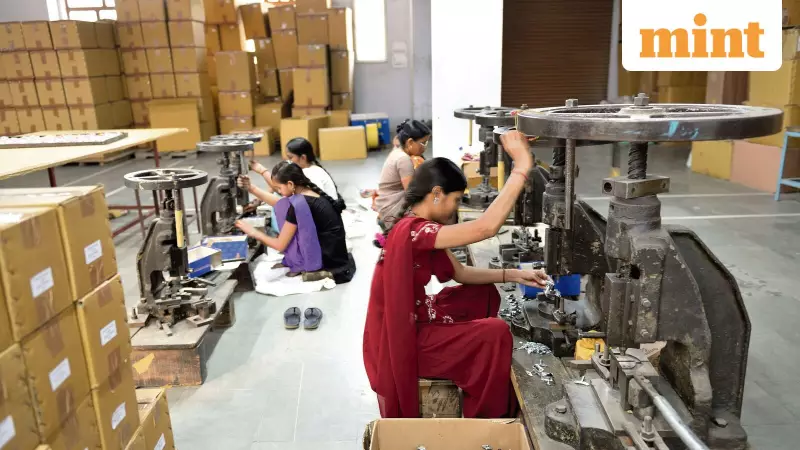
In a landmark move to modernize the nation's workforce regulations, the Indian government has officially implemented four comprehensive labour codes, effective from 21 November 2025. This sweeping reform, which rationalizes 29 existing labour laws, is designed to guarantee dignity for every worker in India, with specific, transformative provisions for women employees.
The announcement was made by the Ministry of Labour and Employment, with Union Minister Mansukh Mandaviya heralding the changes on X (formerly Twitter) as a major step taken by Prime Minister Narendra Modi for the welfare of the workforce. The reforms aim to replace outdated laws from the 1930s-50s, creating a legal framework fit for the modern Indian economy.
Empowering Women in the Workforce
A significant focus of the new labour codes is on enhancing the participation and protection of women workers. A cornerstone of this effort is the provision that permits women to work at night in all types of establishments, including sectors previously restricted like underground mining and those involving heavy machinery.
This opportunity, however, is firmly rooted in safety and consent. Employers are mandated to secure the written consent of female employees for night shifts and implement robust safety measures. These include the provision of safe transportation, CCTV surveillance, and adequate security arrangements at the workplace.
Furthermore, the codes legally enforce equal pay for equal work, directly addressing and prohibiting the gender pay gap. This ensures that women have equal opportunities to access higher-paying job roles and earn incomes commensurate with their male counterparts.
Broader Social Security and Inclusivity
The benefits for women extend beyond the factory floor and office. The Code on Social Security, 2020, expands the definition of 'family' for female employees to include their parents-in-law. This progressive move ensures wider dependent coverage and promotes greater financial inclusivity for women.
To give women a stronger voice in workplace matters, the codes make it mandatory to have women's representation in grievance redressal committees. This institutionalizes their participation in resolving workplace disputes and ensures their concerns are heard.
A Snapshot of Universal Worker Guarantees
While the provisions for women are groundbreaking, the labour codes introduce several universal guarantees for all of India's estimated 40 crore workers:
- Timely Minimum Wages: The Code on Wages, 2019, ensures all workers receive statutory minimum wages on time.
- Appointment Letters: Mandatory for all workers, providing transparency and job security, especially for the youth.
- Social Security for Gig Workers: Platform and gig workers are now covered under social security schemes, including PF and ESIC.
- Reduced Gratuity Period: Fixed-term employees become eligible for gratuity after just one year, instead of five.
- Free Health Check-ups: Workers above 40 years are entitled to free annual health check-ups.
- Double Overtime Wages: Clear provisions for standard working hours and double pay for overtime work.
These reforms are positioned as a critical step towards a self-reliant India and are expected to provide new momentum for the nation's goal of becoming a developed country by 2047.





